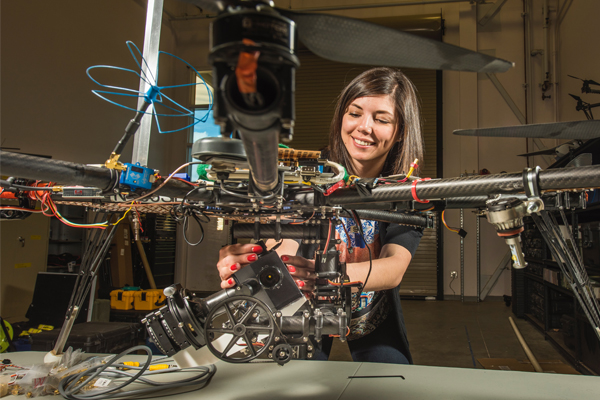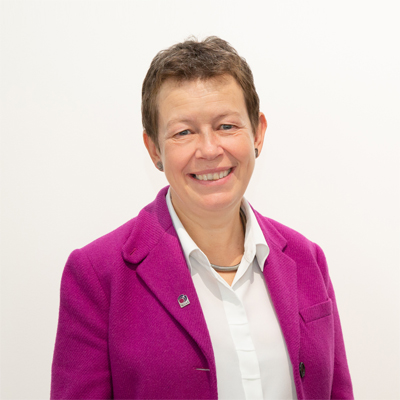With the UK entering the second phase of an extended lockdown, Helen Wollaston, Chief Executive of WISE, the campaign for gender balance in STEM, explains why it’s vital to keep gender on the agenda now more than ever – and work together to build inclusion.
Employers large and small are having to make very difficult decisions and make them quickly. What concerns me is the profound and lasting impact of these decisions in terms of equality and inclusion. Evidence from the UN and others highlights the risks if we fail to make decisions without reference to gender. The human and societal cost will be huge and will have a negative impact on us all. Diversity and inclusion are not “nice to haves”, abandoned during a crisis because other things are more important.
In this crisis, now more than ever, we must engage, nurture, grow and celebrate the vital contribution of women in science, technology and engineering. To this end, WISE has brought together 20 partner organisations with a shared commitment to gender balance in STEM. We are working together to support Government, employers, educators and individual scientists and engineers to keep gender on the agenda during the coming weeks and months.
INCLUSIVE WAYS OF WORKING
We want to highlight all the energising and inspirational stories and capture the inclusive ways of working to address the current challenges and for the long-term benefit of women, businesses and the country as a whole.
One of the major benefits of greater inclusivity and diversity is greater innovation and this is vital at a time when we need rapid and creative solutions to the problems we face. We are relying on scientists, technologists and engineers to come up with solutions to improve health and survival rates, to support businesses, organisations and the economy, to enable virtual social connection.
They are essential contributors, key workers, and equal among them are many, many women. They are part of the one million women working in these fields: living examples of the importance of science, technology, engineering and mathematics to all of our lives. They will inspire future generations of girls and women to choose STEM because they want careers where they can make a difference.

FLEXIBILITY BENEFITS
We must also capture the benefits of different ways of working, including rapid deployment of working from home. As an MD of one of our member companies said to me on the phone this morning, “There is no going back to the old ways of working. Flexibility is here to stay”.
We recognise that working from home doesn’t suit everyone and there is a risk that women take on more of the childcare than men. On the other hand, in some families men are more actively involved with their children, which may help to equalise gender roles in the longer term.
Employers can help by stopping a moment to question assumptions before making decisions and by monitoring by gender and other protected characteristics under the Equalities Act. We have worked with so many employers that have made progress in creating an inclusive working environment where everyone is made to feel they belong, can bring their whole self to work and have genuine equality of opportunity. There is plenty of evidence to show the business benefits in terms of employee engagement, productivity and innovation. Now more than ever, given the economic threats we face, inclusion is a business imperative.

AUTHOR BIOGRAPHY
Helen Wollaston took up the role of Chief Executive of WISE in 2012. She is an energetic, inspirational advocate for social change, with a track record of transformational leadership across public, business and not-for-profit sectors. She founded her own consultancy company, Equal to the Occasion, after seven years as Director of Campaigns for the Equal Opportunities Commission and previously ran the Yorkshire region for the National Lottery Charities Board. An alumni of the Goldman Sachs’ 10k small business programme, she now supports enterprise as a member of the Advisory Board for the Management Division of Leeds University Business School.







































